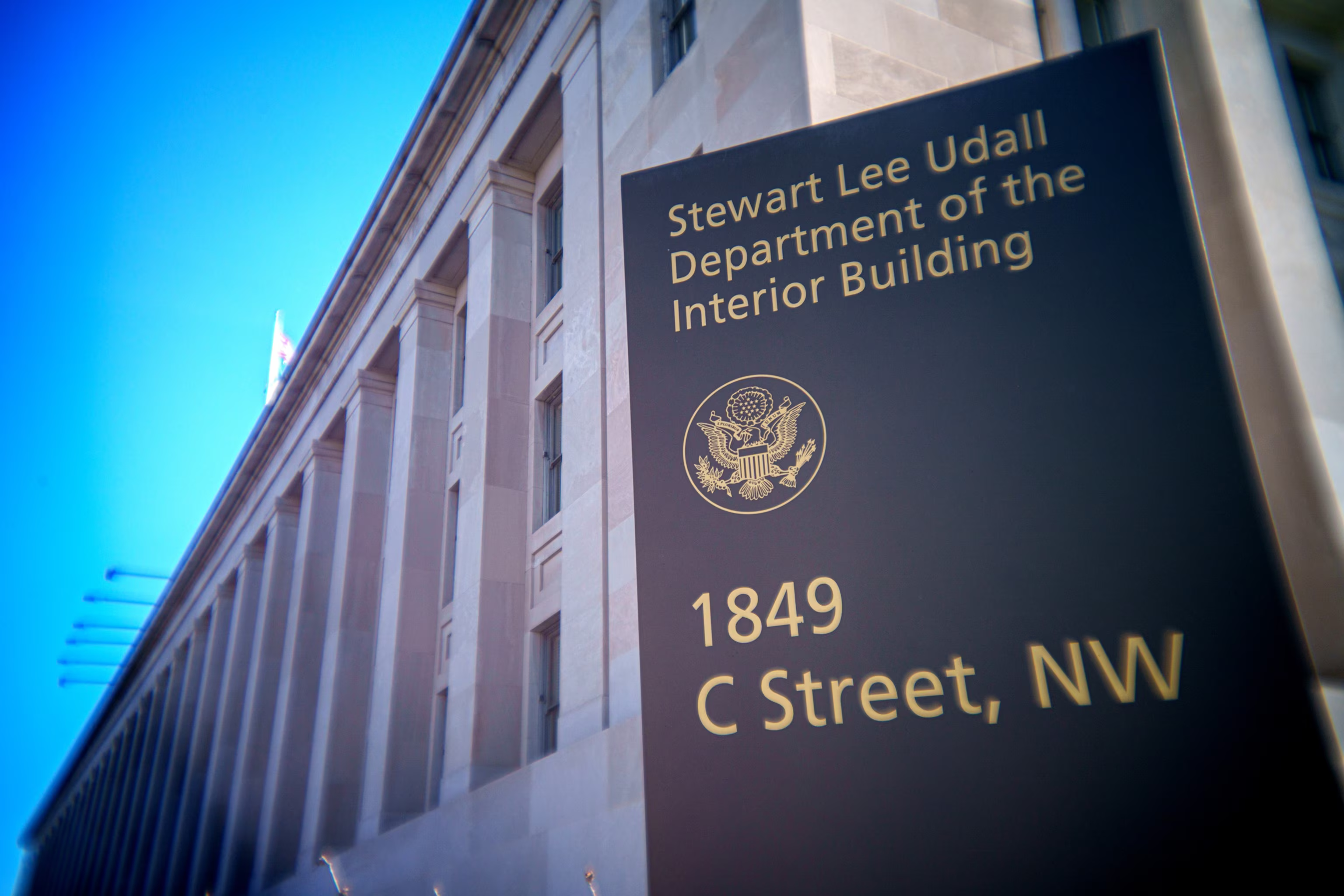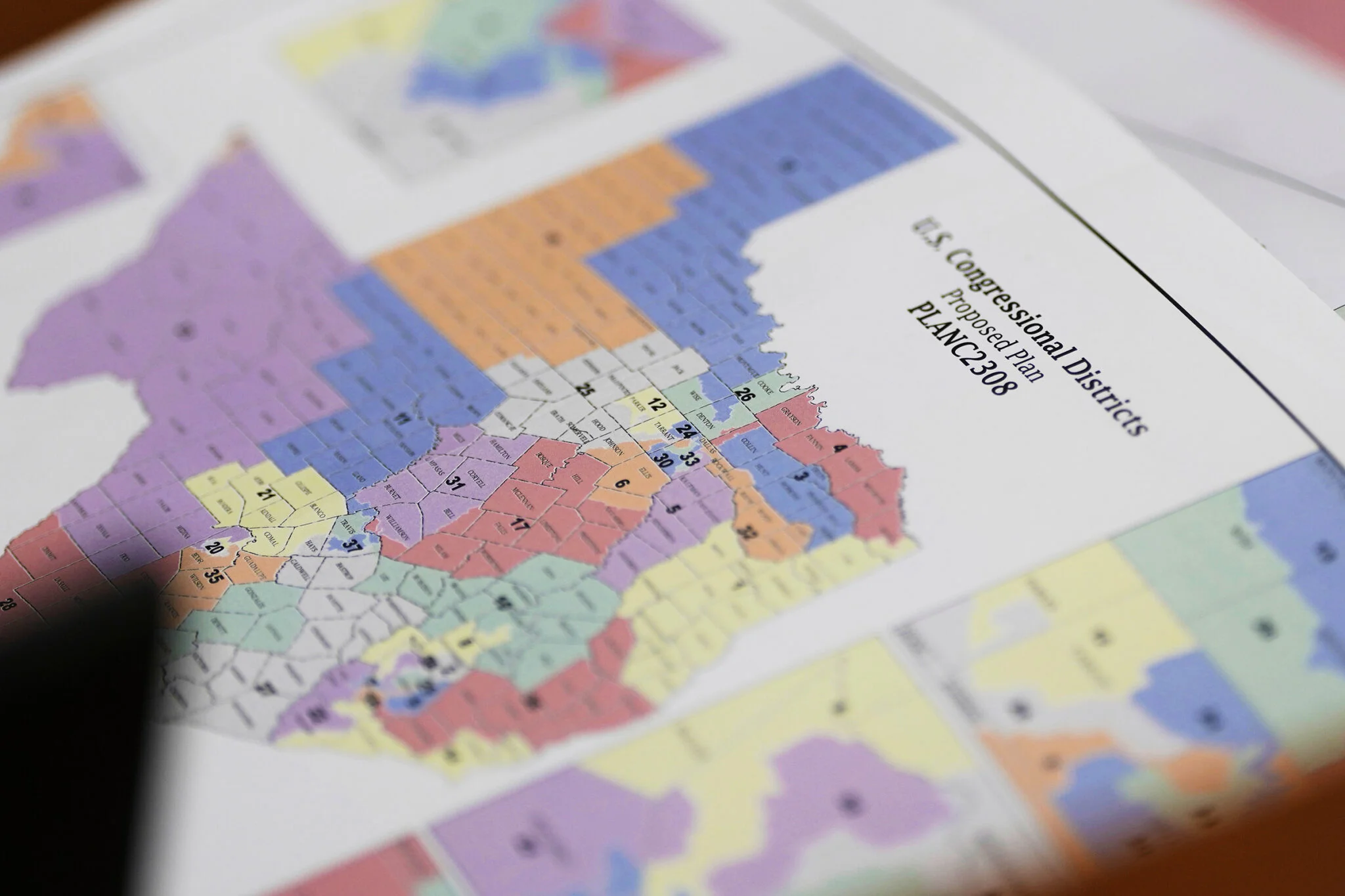A rare standoff is unfolding between the Pentagon and America’s largest newsrooms. Major television networks and prominent newspapers have refused to sign new press credentialing rules presented by Defense Secretary Pete Hegseth, raising serious questions about press freedom and government transparency.
What are the new Pentagon press rules
The Department of Defense has introduced updated credentialing policies requiring journalists to meet additional requirements before accessing military installations, official events, and defense information. The changes include more rigorous verification procedures for journalist credentials, stricter approval processes for covering military operations, and updated protocols for entering Department of Defense facilities.
Defense officials argue the changes are necessary to protect national security information and keep military operations secure in an era of digital threats and instant communication.
Why media outlets are refusing
News organizations say the policies go too far, exceeding legitimate security concerns. The first objection concerns access limitations. Reporters worry about losing the ability to visit military installations and being blocked from covering important defense-related events.
The second concern involves approval delays. The new protocols could postpone or prevent stories about matters the public has a right to know. When a reporter must navigate multiple layers of authorization before publishing unclassified information, news can lose relevance.
The third objection is about information control. Editorial leaders argue the regulations give the Pentagon excessive power over what content reaches Americans. This creates a situation where the government can restrict coverage, even when that reporting doesn’t involve legitimate secrets.
Professional journalism groups support this position, saying that access to government information is essential for accountability in a democracy. Without independent journalists investigating government operations, citizens lack visibility into how public resources are being used.
The Pentagon’s position on the new requirements
Department of Defense officials defend the changes as necessary updates for the current security environment. Their reasoning includes protecting classified and sensitive national security data, preventing unauthorized leaks of operational details, and adapting to the speed at which information moves in the digital age.
Defenders of the new regulations argue the media landscape has changed dramatically. Social media, instant publishing, and the proliferation of digital platforms have created new risks for military operations.
So far, the Pentagon has not detailed how it plans to respond to media organizations’ resistance or whether it is open to negotiations.
What this means for press freedom
This confrontation goes to the heart of a fundamental tension in democracies: how to balance national security with government transparency.
The first issue is about who controls the flow of information. When the Department of Defense can dictate the terms of coverage, questions arise about whether the public receives complete information about military activities and defense spending. An independent press serves as a counterbalance, ensuring different versions of events are presented.
The second concern involves precedent. If these regulations are implemented despite editorial opposition, other government agencies might follow suit with their own restrictions.
The third issue concerns public accountability. Without adequate journalistic access, overseeing military operations and defense decisions becomes more difficult. When journalists cannot ask questions and verify information, citizens lose a crucial tool for democratic oversight.
What happens now in Pentagon-press relations
Both sides are in a delicate situation. The Pentagon cannot force news organizations to sign agreements they reject. Credentialing is technically voluntary. But media outlets also cannot force the military to grant access on their terms, since the Pentagon controls its own facilities.
The most likely scenario is a standoff that affects defense reporting. Journalists may continue working without official credentials, relying on alternative sources and public availability, which could potentially diminish the quality and depth of coverage.
Editorial groups emphasize that press access to government institutions serves the public interest, not just the interests of media organizations.
Historical context of Pentagon-press relations
The relationship between the US military and news outlets has always had moments of tension, especially during conflicts and military operations.
During World War II, war correspondents worked within a military censorship system that was widely accepted as necessary for the war effort.
The Vietnam War changed that dynamic. Journalists had relatively free access to the battlefield and their reporting, particularly graphic images of combat, helped influence American public opinion about the conflict.
Subsequent wars saw the Pentagon implement more controlled systems for media access. The pool system during the 1991 Gulf War limited how many journalists could cover the conflict and where they could go. The Iraq and Afghanistan wars introduced the embedded journalists program, where reporters traveled with military units under specific guidelines.
What makes the current situation different is the scale of coordinated resistance from multiple major media organizations simultaneously.
Potential impact on defense and military coverage
If the standoff continues, defense reporting could be affected. Limited access for journalists means the public may have less detailed information about military activities and strategic decisions.
News organizations may come to rely more on unofficial sources, which could affect accuracy and information verification. When journalists cannot confirm data through official channels, vulnerability to misinformation increases.
This represents a challenge to keeping government operations transparent while protecting legitimate security interests.
Perspectives on press credentialing
Media law experts point out that while the government has valid security interests to protect, overly restrictive guidelines can compromise democratic accountability.
The First Amendment of the US Constitution protects editorial freedom, but does not guarantee automatic access to government facilities or classified data. Courts recognize that government can control its properties, but also that democracy works better when the public is informed.
Journalism organizations emphasize that responsible defense reporting has historically respected legitimate security concerns. Major American media has a track record of working with the military to protect genuinely sensitive data when there are real risks.
The situation reflects tension between traditional principles of editorial freedom and security challenges in the digital age, where content moves instantly.
Open questions about press access to the Pentagon
Several questions remain unanswered. It’s unclear whether there will be negotiations between the parties or how the Pentagon plans to enforce regulations that major newsrooms reject.
The outcome could set precedent for editorial access guidelines at other government agencies.
At bottom, the central question is about who controls information flow in a democracy: the government or an independent press. This journalistic watchdog function only works with reasonable access to information and official sources.
As the situation unfolds, the relationship between the Department of Defense and American news outlets faces a critical moment, with implications that go beyond credentialing procedures. The outcome will shape how Americans receive information about their armed forces.
Contact us today through our WhatsApp to discover how we can help you achieve success in the United States.
Sources: NBC News | Washington Post | Variety



